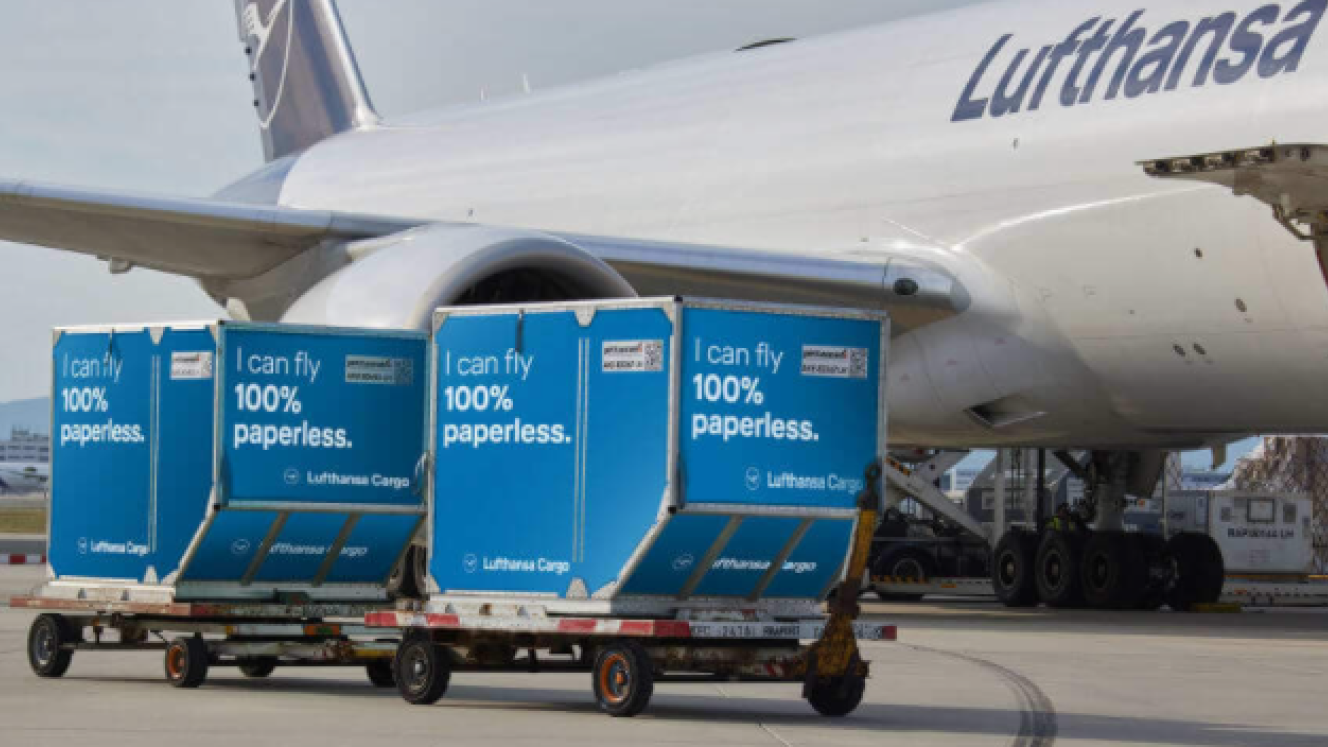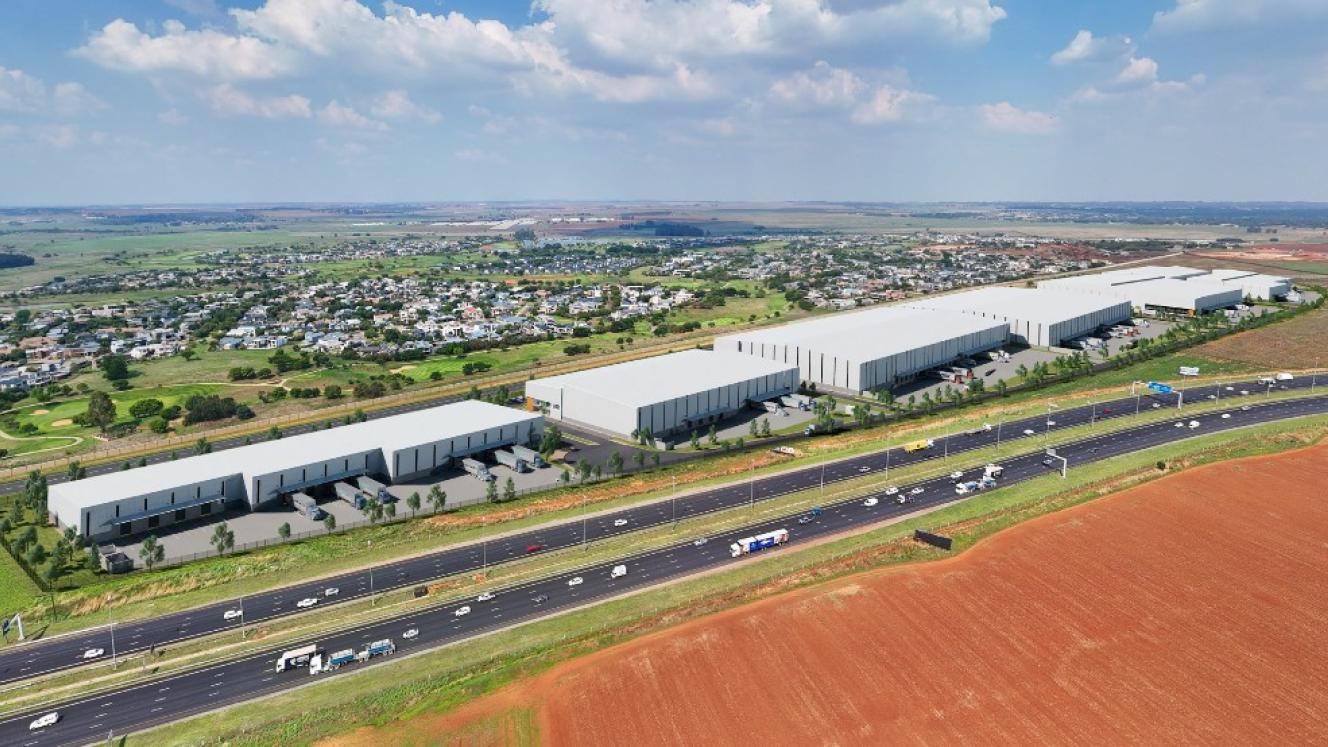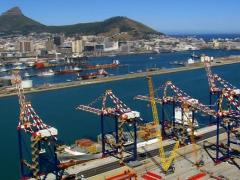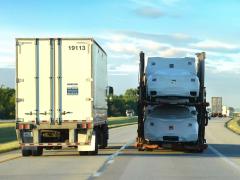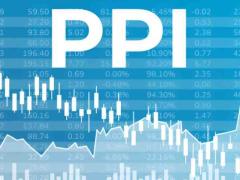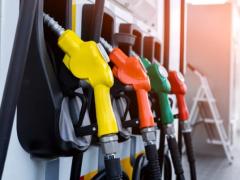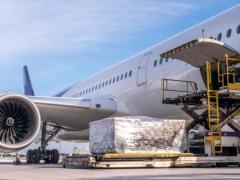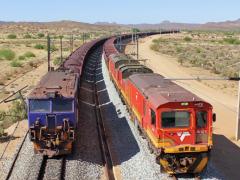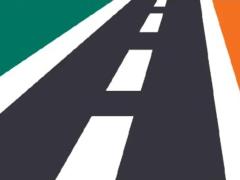Lufthansa Cargo is taking a major step towards completely paperless shipments with the announcement that from March 27, it will begin operating with electronic air waybills (eAWBs) only on feasible lanes.
Iata’s industry goal is to achieve 100% eAWBs by the end of 2022.
In addition, the airline is introducing a "paper-to-eAWB" service, through which the few remaining paper-based AWBs will be digitised at shipment acceptance and then continue to accompany the shipment as an eAWB.
"Over the past few years, we have driven many digitisation initiatives in the air cargo industry. In fact, eliminating paper AWBs in the future could be one of the most important steps,” says Lufthansa chief commercial officer, Ashwin Bhat.
The newly introduced service is mandatory on feasible lanes for all forwarding companies that do not yet use electronic air waybills. Routes that are eAWB-feasible are those for which the regulatory basis for the use of electronic air waybills is in place. This means that all shippers who have not been able to use eAWBs so far due to their own infrastructure can also switch to paperless transport, says Bhat.
If local regulations in a country require the presentation of a paper AWB, the airline will reproduce the AWB and it will accompany the shipment on the flight.
